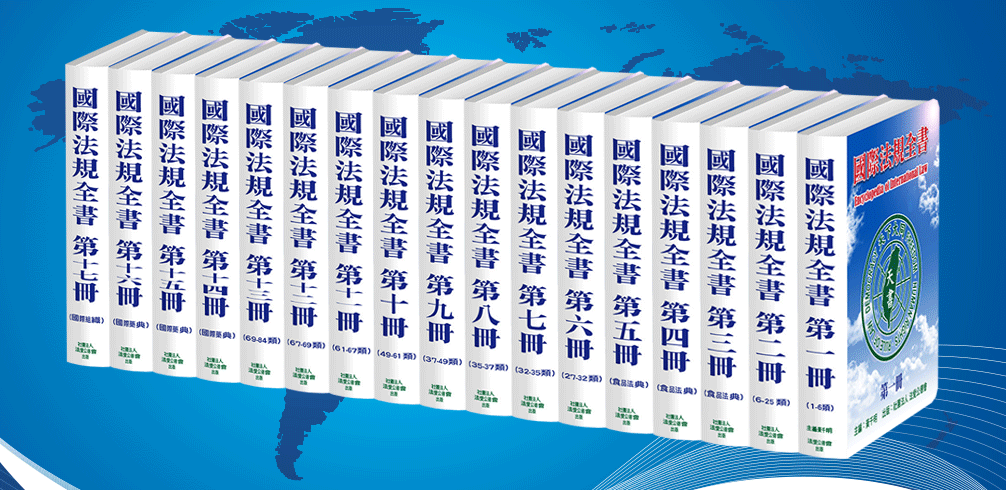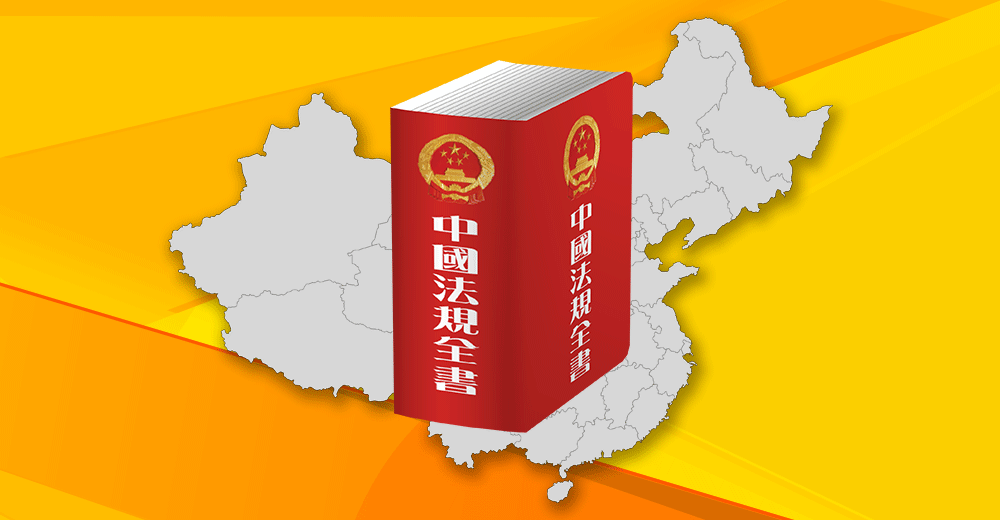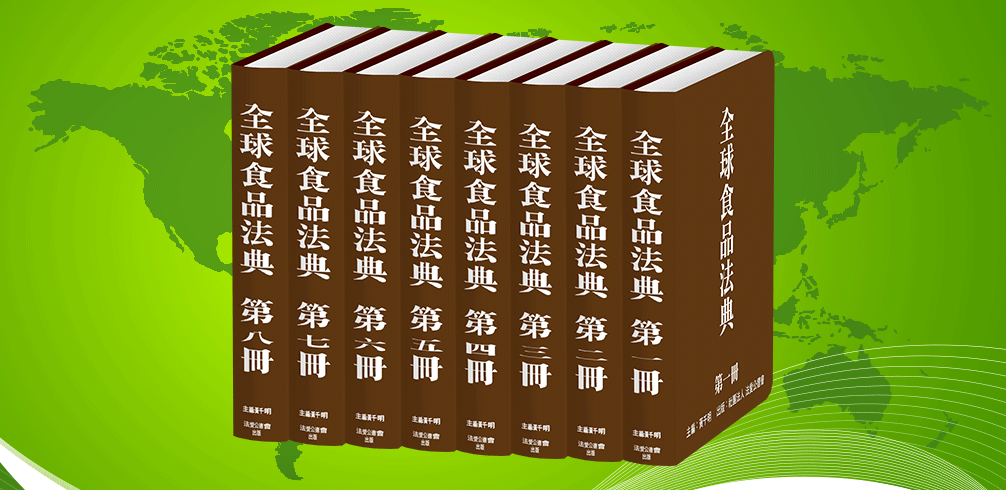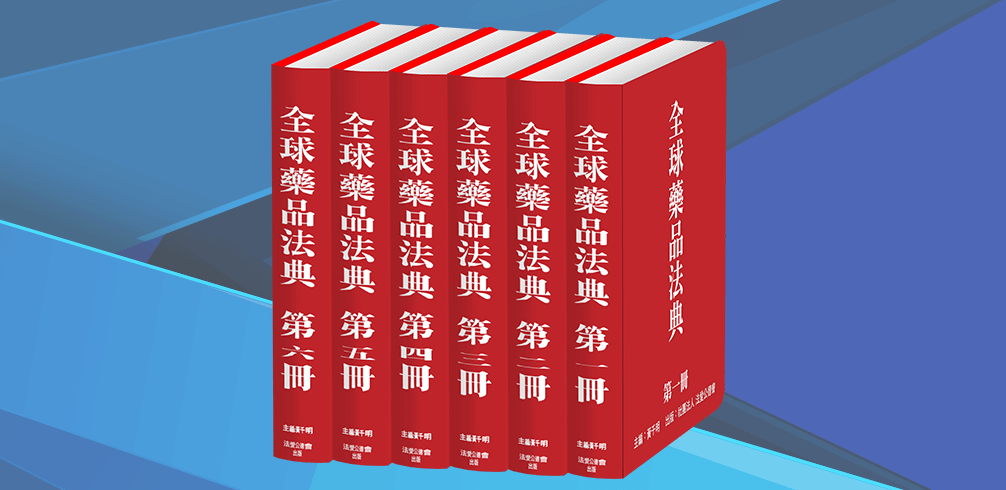Chapter 2 Standards for Decentralization of National Organization
Article 5 Global Legislation under Unity
Preface
Who has stolen our human dignity? Who is kidnapping our people's sovereignty? Who is monopolizing our constitutional rights? Who is making evil laws to encircle and suppress us? And who is the enemy of peace and development? The answer is not “someone else”. It is rather our “own selves” in the form of the party government supported by the hard-earned dollars of taxpayers.
As everyone knows, although states and governments all have equal rights in the international arena, they have no rights and only obligations domestically. Be that as it may, our nation’s ruling authorities regard these obligations as rights and melon cut all resources for their own use. They grab what is at hand and scramble for whatever they can in government coffers[1]: this is the essence of how a party government works to suppress the people. Transparency International (TI) points out that surveys conducted by both domestic and foreign agencies show that the public sector that the people in every nation consider to be the dirtiest is the legislature — the very organ that is both the root of the country's fortunes and government turnover, and also the exchange where justice and evil are bartered routinely.
Therefore
The Charter for Permanent Peace / Universal Constitution for Human Beings / Strategic Constitution and Tactics Article 5 Global Legislation under Unity- this is mainly intended to innovate and install a system of laws regarding peace which any country can operate on a long-term base.
Therefore, the issue of globally competing legislative powers naturally arises. In other words, if the organization involved deals with global or regional security, its legislative powers are those of an international organization; if there is a national identity, it belongs to the Parliament, and the relation is the same at the state, province, city or local level. To those who are part of these councils, we say: This is a road to truth that we humans must all follow.
Secondly, the Parliament consists of twelve standing committees, three ad hoc committees (generational committees (§6), international law committees (§7), and universal law committees (§8)), forming an organic and matrix-based system of checks and balances. The overall effect is like 12 quasi-governments or shadow cabinets, or even 12 separate legislatures. This mechanism makes legislation more flexible and versatile. At the same time it suffers none of the fatal shortcomings commonly found in contemporary legislative procedures, even while offering advantages unmatched anywhere else.
Next, legislatures must establish a complete database of global regulations, so that the internet can be used smartly and logically. It should let users compare the advantages and disadvantages of various laws and regulations so that we can augment our wisdom, discover new truths, honor true values and build a unified system for world that will prosper under this peaceful system of law, in order to become an ISO constitutional standard (Figure 5-1). This will then be the new absolute law (mandatory law) called for in the International Convention on the Law of Treaties (Article 64).
Finally, regardless of which name we use to call this system: The Charter for Permanent Peace, The Constitution of Human, or The World Law (multi- common law), which people around the world can access freely, this system will terminate the 50 remaining autocratic dictatorships that shackles mankind. The people of Taiwan and the 2/3 of the world’s population living under the threat of authoritarianism have nothing to lose but their chains and iron curtains[2], as well as the violence and lies that condemn them to second-class citizenship. They will suffer no other loss, instead winning good fortune and prosperity in one fell swoop. All humankind shall live in harmony and prosperity, living in a world of truth and sincerity.
Figure 5-1 National legislation shall be compatible with "cyclical upgrading" of more than 20,000 international standards (ISO), and undergo "standardized integration" to yield legislative and constitutional standards suitable for permanent peace and sustainable development.
Implementation...more
[1] Chen Keng-chin, former Director of Personnel Administration at the Executive Yuan, appealed to all the current military cadres at the General Assembly of the National Federation of Military, Police, and Retired Persons General Assembly on February 17, 2017, "Let’s steal and take all we can, and slack all we can. Let’s drag this government down. ” Jason Hu, Vice Chairman of the KMT, and Han Kuo-yu, a candidate for the party chair, also shouted approval.
[2]BBC Chinese News 2015/6/9: A Freedom House survey showed that at present, two-thirds of the world's population live under dictatorship; 2 billion people in the world live in a high-pressure ruling environment; and 106 dictatorships or semi-dictatorships account for 54% of the world's nations.
Article 6 Global Administration under Unity
Preface
Who is betraying our future? Who repeatedly consolidates dictatorships under the guise of constitutional reform? Who is plundering the resources of present and future generations? Who is the enemy of permanent peaceful development? The answer is not ‘others people’. It is our ‘own’ party-run government, which is supported by the hard-earned money of our taxpayers.
Therefore
The Charter for Permanent Peace / Universal Constitution for Human Beings / Strategic Constitution and Tactics Article 6 Global Administration under Unity- this is mainly defined by the UN Nations Global Governance Council as: an administration system of co-opetition designed for use at the supra-national, national and sub-national levels of government and in villages and communities.
The national system is a modified semi-presidential system[1]. The Parliament has 12 standing committees and a number of ad hoc committees as well as a cabinet. The Prime Minister and other ministers should be elected heads of the professional committees organized by elites all over the country chosen by the Parliament. The central government is responsible to the Parliament and is closely linked in the system design.
To implement global governance and human standards, elected heads are not limited by nationality, but must be citizens of fully democratic countries. The heads of the three key branches of local government are also directly elected by the people. The "three-official heads in one-ballot system" is adopted to systematically promote the people as a third force in the system.
This Constitution requires the government to act to increase wisdom, pursue truth, create happiness, and honor value; this constitutional guarantee holds up [Taiwan] as an administrative model for permanent peace, its contribution to the people of the world.
This structure seeks to achieve the best possible administrative quality, efficiency and efficiency. With it, we have all the advantages other states enjoy, and it includes the best features of other nations’ systems as well as advantages that Taiwan alone enjoys. We are in a position to refine and repair administrative shortcomings that plague the rest of the word while demonstrating our own features to the whole world, in order to achieve the minimum standards for human permanent peace. In seeking this, the people of [Taiwan] and the oppressed peoples of the world have nothing to lose but their chains and iron curtains. Nothing else will be lost, and they will achieve prosperity and well-being under long-lasting peace.
Figure 6-1: National administration should comply with cyclical updating of more than 20,000 international standards (ISO), and integrate the administrative constitutional standards for permanent peace and sustainable development through standardization:
Implementation...more
[1]See Annex Table 25: Comparison of Global Constitutional Systems Studies. Take the presidential system as an example. The United States is often regarded as a success of presidential system, but it has not yet reached the perfect term. We have not seen other successful cases. Take Korea as an example. From 1948 to the present, after 16 terms and 11 presidents. The presidents all ended in a tragic consequence. Some died abroad, some were assassinated or imprisoned. Most of them had their reputation destroyed or bowled over while leaving the national stage. Almost no president ended up unscathed.
Article 7 Prosecution under Global Unity
Preface
Who has stolen sovereignty from the people? Who is monopolizing prosecutorial powers to cover up a corrupt regime? Who is the enemy of peace and justice? The answer is not others: rather, it is “one of our own” —the party government supported by the hard-earned dollars of our taxpayers. We [Taiwan]ese people offer this charter as our commitment to a historical destiny. Drawing on the experiences of people who have been exploited for thousands of years, we seek to follow the desires of Heaven and humankind and promote a prosecutorial system that will serve all humanity and foster permanent peace and development.
Therefore
The Charter for Permanent Peace / Universal Constitution for Human Beings / Strategic Constitution and Tactics Article 8 Global Justice under Unity- this is mainly intended to address that [Taiwan] will serve as a model for prosecutorial action. All people shall be warriors of justice, and far-reaching and solid constitutional provisions shall be enacted. Implementing One World under One Set of Laws and exercise global co-opetition in prosecutorial work is the first step toward a global prosecutorial system. Nations shall have prosecutorial power only where global international agencies have failed to exercise prosecutorial power. Existing international inspection and supervision agencies should actively work to promote complete development of the system.
This Charter incorporates universal law and the laws of all nations into a single legal system that affords every individual equal protection. The people shall have the right to choose and directly invoke the laws and provisions of any system that promotes procedural justice, and prosecutors are obliged to guarantee people that their rights will never lag behind those of people in other countries.
Rule of law must first be applied to governments, and then to the people. The Prosecutorial Branch must be fully independent of the legislative, administrative and judicial branches. It is no longer attached to and controlled by administrative organs and can truly be the embodiment of justice.
The Prosecutor General shall be directly elected and must meet the same qualifications as candidates for the presidency. Attorneys General at local levels shall also be elected by the people, with the qualifications of candidates the same as those for county and city mayors and magistrates. The Prosecutor General shall be directly responsible to the people, and prosecutorial policies shall be monitored by the people as holders of sovereignty, a thorough shedding of the previous outdated and convoluted prosecutorial system.
In order to implement One World under One Set of Laws and achieve the political views and reform ideas of the elected Prosecutor General, the Prosecutor General-elect will form a team of 12 legal internalization lawmakers to help incorporate universal law and the laws of all nations into a single legal system.
This prosecutorial system will provide the highest quality and efficiency in inspection, utilizing the advances [Taiwan] has made and other countries have yet to make, and offering them to make up shortcomings in global prosecutorial powers, thereby demonstrating [Taiwan]’s good features to world. This peaceful contribution from [Taiwan] to the world means that those who suffer under oppressors have nothing to lose but their chains and iron curtains, while others will suffer no loss while winning the glory of a world capital, permanent peace at the supra-national level, and the release of human beings still held hostage under some 50 dictatorships world-wide.
Figure 7-1: National inspections should conform to the rolling retrofit of more than 20,000 international standards (ISO), and then through the standardization of prosecutorial standards for the integration of permanent peace and sustainable development.
Implementation...more
Article 8 Global Justice under Unity
Preamble
Who is using rule of man in place of rule of law? Who persists in citing judicial reform to consolidate judicial dictatorships? Who is the enemy of our peace and justice? The answer is not others. It is rather our "own" party government, a government supported by the hard-earned money of our taxpayers.
Therefore
The Charter for Permanent Peace / Universal Constitution for Human Beings / Strategic Constitution and Tactics Article 8 Global Justice under Unity- this is mainly intended to address far-reaching and basic constitutional provisions regarding judicial co-opetition and innovation across national borders and down through the centuries. It establishes a global legal system with co-opetition in global jurisdiction and allows international law to directly impact the rights and obligations of the people. Universal law is applied directly to domestic courts and to the people, allowing Taiwan to lead humanity in implementing the Constitution in the form of the Charter for Permanent Peace.
Judicial reforms: self-discipline is not reliable; the Law will meet the highest expectations of the people. The head of the Judicial Branch shall be elected by the people, with qualifications for candidates the same as those for the presidency. The directly-elected head of the Judicial Branch shall put together a judicial system that responds to change and reflects the needs of the people, thoroughly innovate a feudal judicial system that is now hopelessly complicated.
The review of unconstitutional actions is used in the second phase of the second stage of prosecution, ensuring that the value and dignity of all people will be protected by the Constitution. Global courts have the right to review the constitution, and the Supra-National Constitutional Court of [Taiwan]serves as the court of final judgment for unconstitutional reviews.
In order to implement a global legal system and realize the political views and judicial reform ideas of the elected Head of Judicial Branch, the Head should simultaneously formed a committee for the localization of international law of 12 members to practice the localization of international law.
Innovative global governance under rule of law will require an International Court of Justice as well as a Supra-national Constitutional Court consisting of judges nominated by a variety of recognized entities, with half of them from various continents.
This dual system with constitutional review ensures that the values and dignity of all people are protected by the Constitution. Courts throughout the world shall have the right to request constitutional reviews, with the Supra-national Constitutional Court serving as the court of final appeal in all constitutional reviews.
This judicial system offers an approach for conducting trials and reviews that ensures quality, performance and efficacy. With it, we have all the advantages other states enjoy as well as advantages that Taiwan alone enjoys. We are in a position to refine and repair judicial shortcomings that plague the rest of the word while demonstrating our own features to the whole world. It will yield a constitution which guarantees [Taiwan] will be a holy place for justice, with all people protected by the guardians of justice. To this end, the people of [Taiwan] and oppressed peoples around the world have nothing to lose but their chains and iron curtains. Nothing else will be lost, while at the same time gaining universal justice in a fully-responsive legal system.
Figure 8-1: National Judiciary should comply with the normative transformation of more than 20,000 international standards (ISO), and then standardize the judicial constitutional standards for permanent peace and sustainable development through standardization.
Implementation...more









